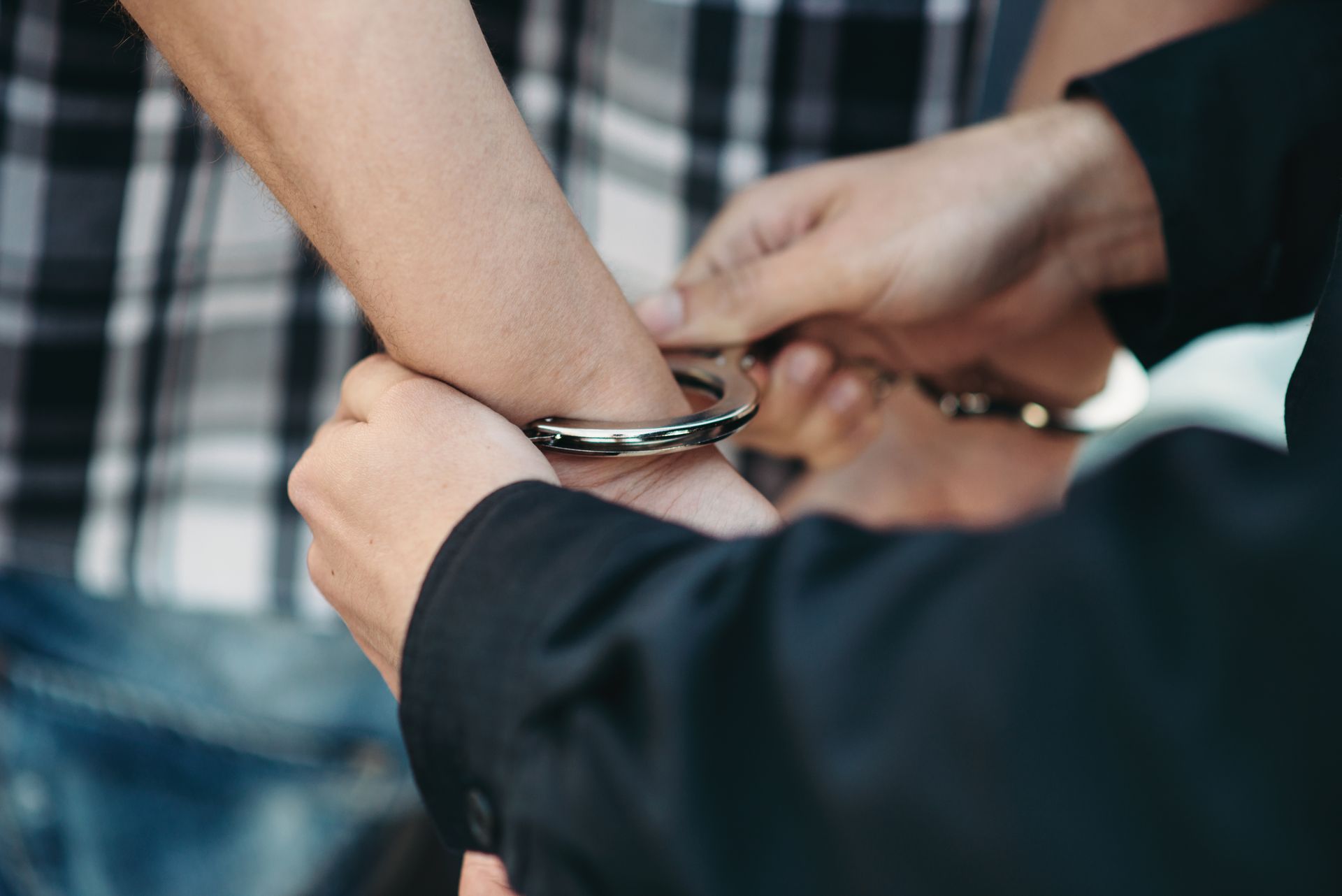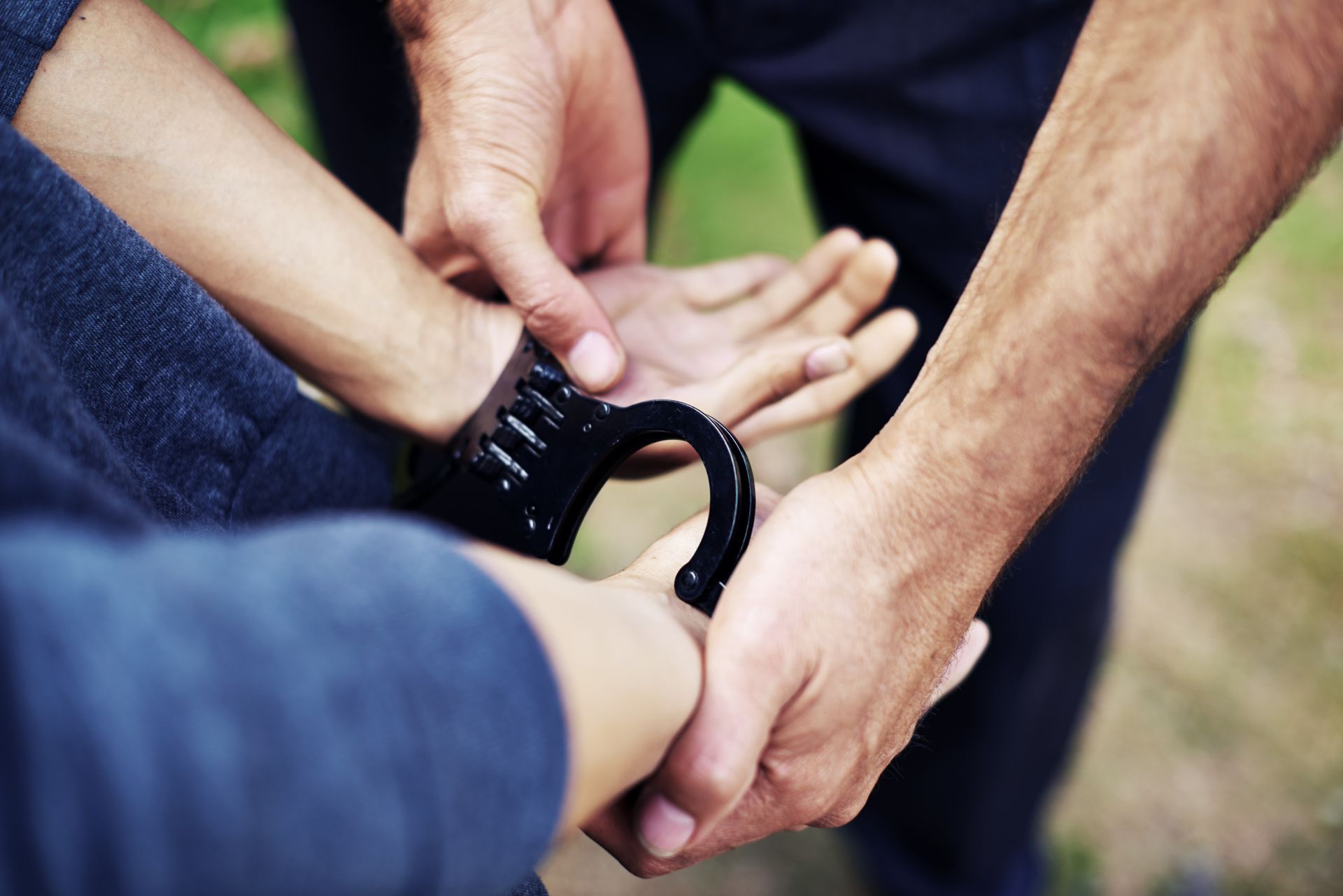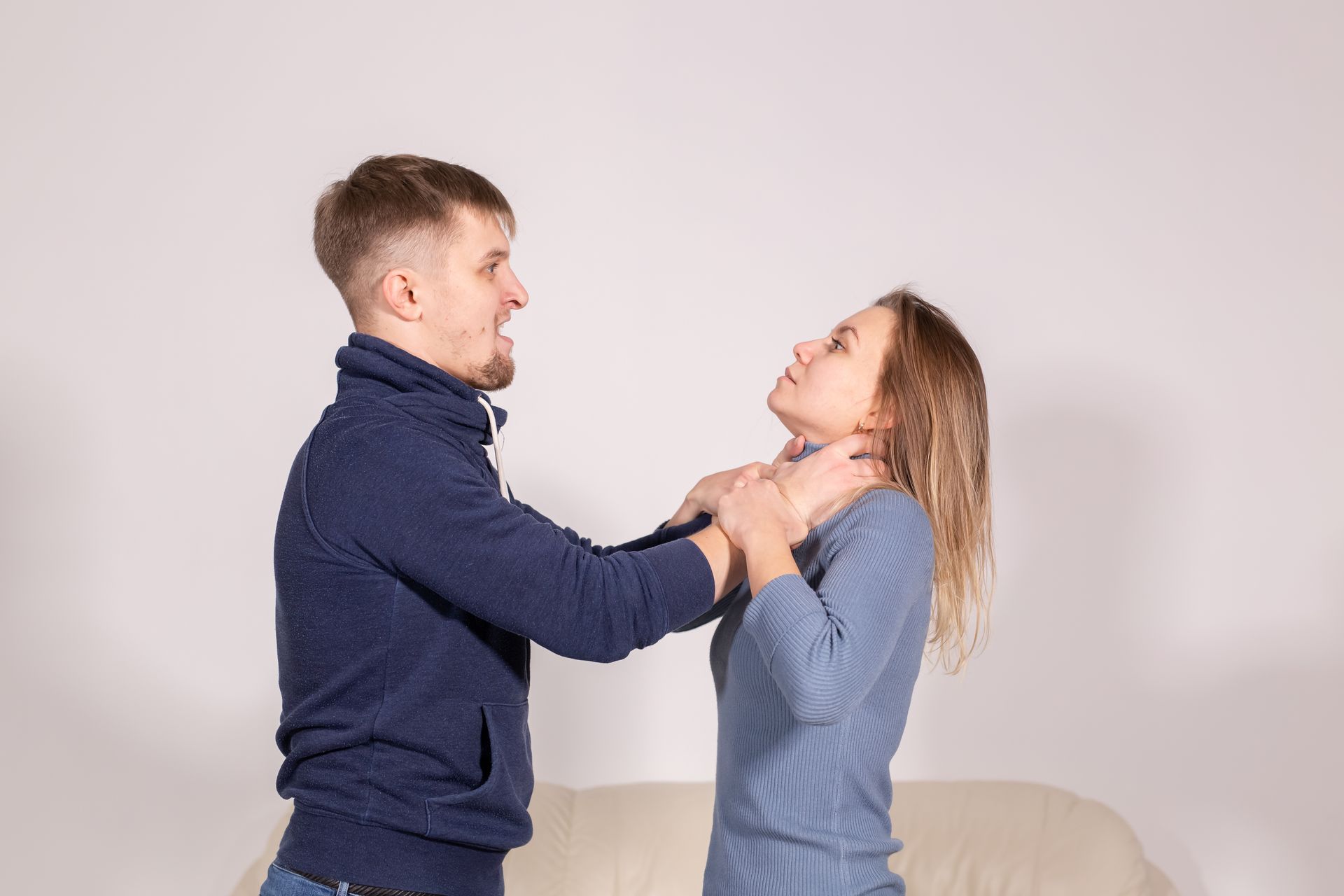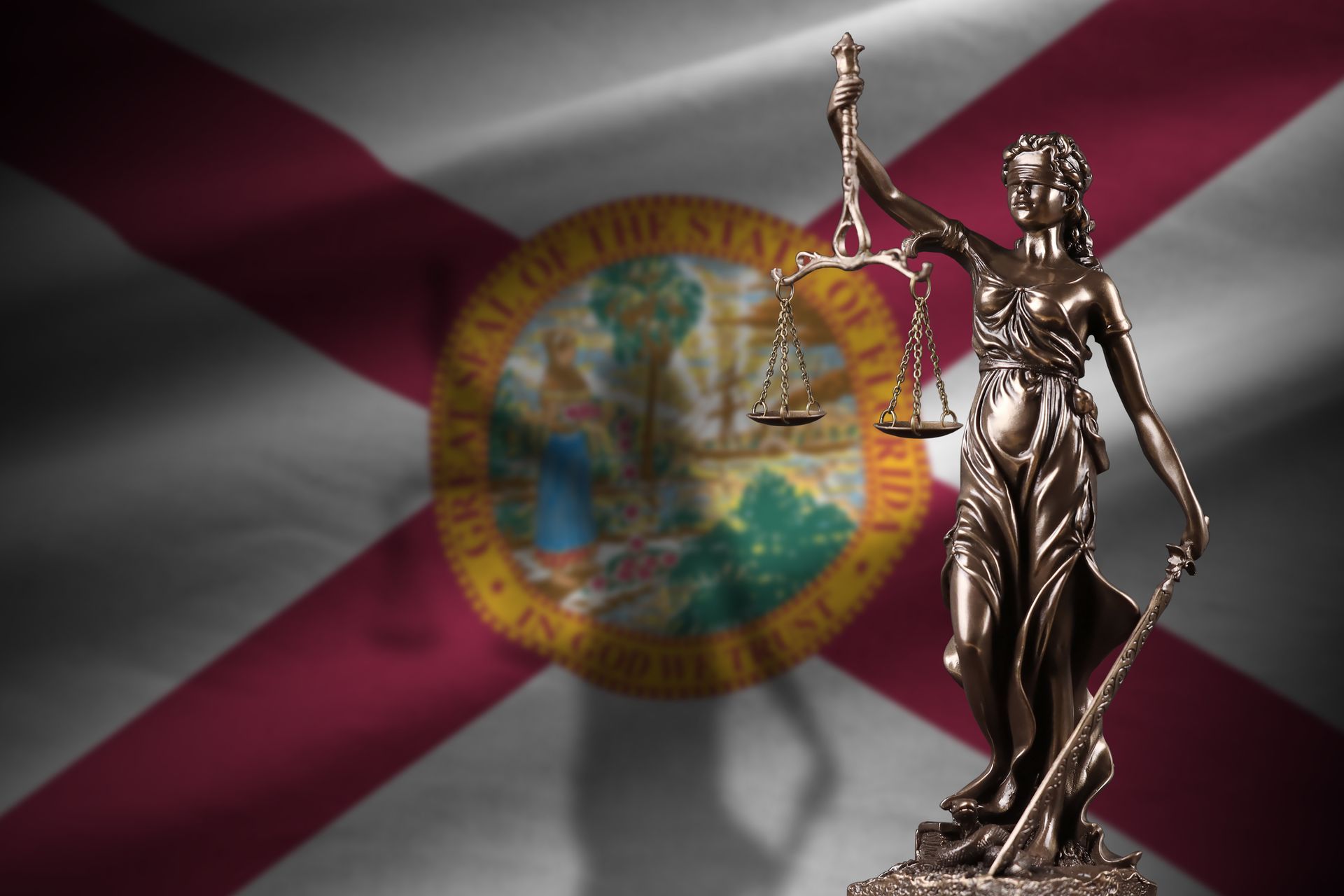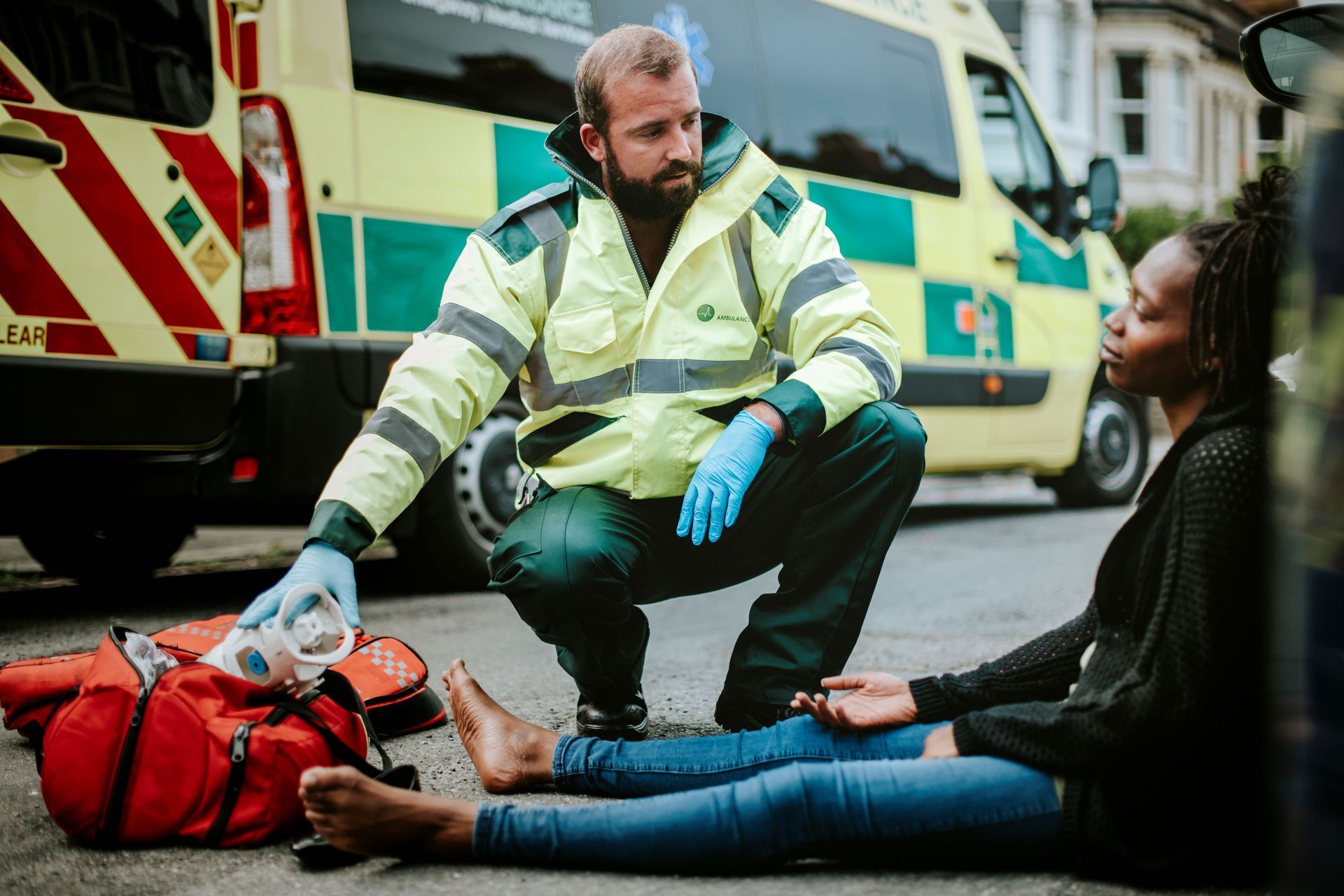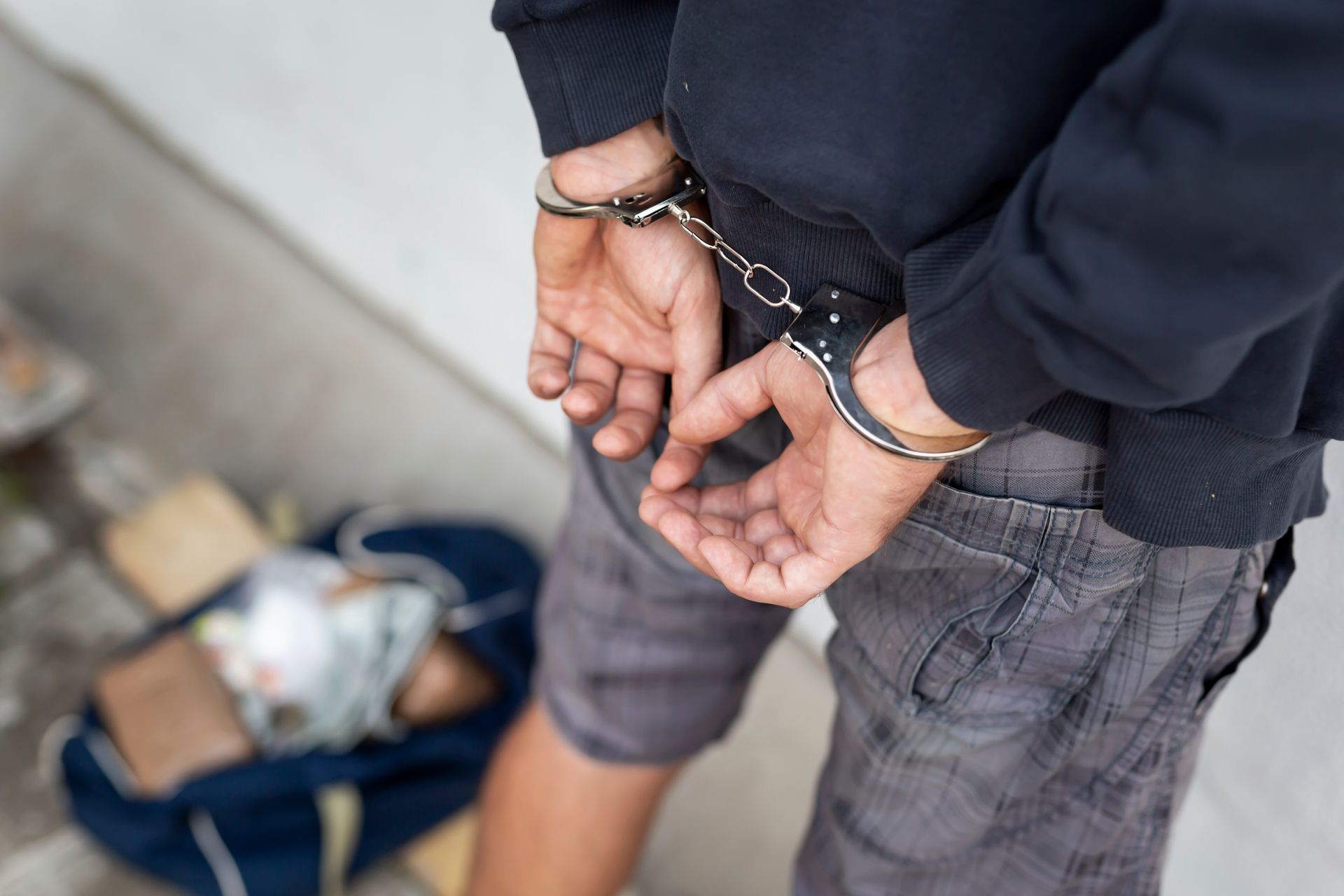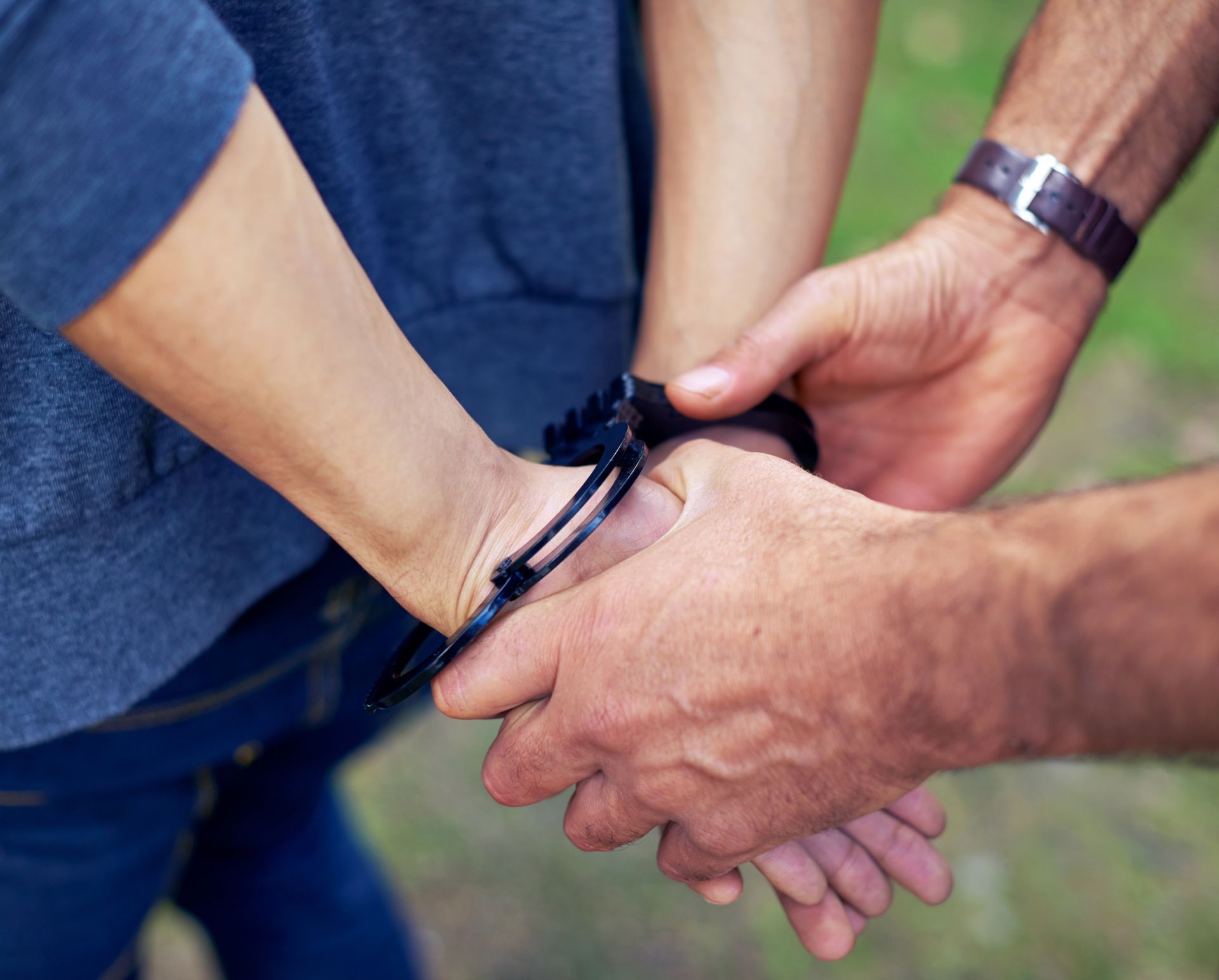What You Need to Know about Carrying a Concealed Firearm in Florida
Carrying a concealed firearm in Florida is a serious responsibility that requires careful consideration and adherence to strict regulations. As one of the states with some of the most detailed laws regarding gun ownership and carrying, understanding the ins and outs of carrying a concealed firearm in Florida is crucial for anyone considering exercising their Second Amendment rights within its borders.
In this blog, we will look into what you need to know about obtaining a concealed carry permit, where you can legally carry your firearm, how to properly store and transport it, as well as key considerations for handling firearms safely and responsibly. Whether you are a seasoned gun owner or new to the world of firearms, this blog will provide valuable insights into navigating
carrying a concealed firearm in The Sunshine State.
Obtaining a Concealed Carry Permit in Florida
- To obtain a concealed carry permit in Florida, you must be at least 21 years old and be able to demonstrate competency with a firearm through training or military experience.
- You will need to complete an application form provided by the
Florida Department of Agriculture and Consumer Services.
- A background check will be conducted including fingerprints, mental health screening, and criminal history checks.
After submitting your application, there is typically a waiting period before receiving your concealed carry permit. It is important to familiarize yourself with the laws and regulations surrounding carrying a concealed firearm in Florida to ensure you are compliant at all times. Make sure to renew your permit on time as well to avoid any legal issues.
Where You Can Legally Carry Your Firearm
In Florida: As per state law, you can carry a concealed firearm in most public areas as long as you have a valid Concealed Weapon License. This includes restaurants and stores, unless they specifically prohibit firearms on their premises.
Exceptions: Locations such as schools, government buildings, airports, and certain private properties are off-limits for carrying a concealed firearm. It is crucial to be aware of these restricted areas to avoid legal repercussions.
Concealed Carry Reciprocity: If you possess a valid
out-of-state Concealed Weapon License that is recognized by Florida, you may legally carry your firearm in the state under its laws.
Being informed about where you can legally carry your firearm is essential for responsible gun ownership in Florida. Understanding the restrictions and permissions regarding concealed carry locations will help ensure compliance with the law while also promoting safety within communities. Remember to always adhere to local regulations and respect any signage or notices indicating no firearms allowed at specific establishments.
Proper Storage and Transportation of Your Firearm
- Always store your firearm in a secure location when not carrying it on your person. This could be a gun safe, lockbox, or other secure container.
- Ensure that the firearm is unloaded before storing it to prevent any accidents or unauthorized use.
- When transporting your firearm, make sure it is securely holstered and inaccessible to others.
Remember that responsible gun ownership includes proper storage and transportation practices. By following these guidelines, you can ensure the safety of yourself and those around you while exercising your
Second Amendment rights in Florida.
Understanding Self-Defense Laws in Florida
- In Florida, individuals have the right to use deadly force if they believe it is necessary to prevent imminent death or great bodily harm.
- This concept is known as the
stand your ground law, which allows individuals to defend themselves without first attempting to retreat.
- It's important to understand that self-defense laws can be complex and vary from state to state, so it's crucial for concealed firearm carriers in Florida to familiarize themselves with these laws.
When carrying a concealed firearm in Florida:
- Ensure you are well-informed about self-defense laws and when the use of deadly force is justified.
- Remember that carrying a concealed firearm comes with significant responsibility and understanding the law is crucial.
- Keep updated on any changes or updates made to self-defense laws by regularly consulting legal resources specific to Florida statutes and regulations related to firearms.
Contact Hanlon Law for Your Concealed Firearm Case in Orlando, FL
If you find yourself wondering if you or a loved one have a defense in a case regarding carrying a concealed firearm, you will need an attorney you can trust. At Hanlon Law, we have the best of the best attorneys who are trained and ready for any tactic. If you are in need of a criminal defense attorney, contact us today.
Hanlon Law
300 S Orange Ave Ste 1160
Orlando, FL 32801
(407) 987-3836
https://www.criminalattorneyorlando.net/
